When it comes to healthy soil ecosystems, we often think of earthworms, bacteria, and fungi. But there's another group of microorganisms that can have a big impact on soil health: protozoa. Protozoa are single-celled microorganisms that belong to the kingdom Protista. They are incredibly diverse and can be found in almost every soil ecosystem on Earth. And despite their small size, they play an important role in maintaining healthy soils.
The Role of Protozoa in Soil Health
Protozoa are important drivers of nutrient cycling in soil ecosystems. They feed on bacteria and other microorganisms, releasing nutrients that can be taken up by plants. They also help break down organic matter and promote the growth of beneficial bacteria and fungi. Additionally, protozoa can help regulate the populations of other microorganisms in the soil, including nematodes and plant pathogens.
The Benefits of a Healthy Protozoa Population
A diverse and abundant population of protozoa in the soil can have many benefits. They can help improve soil structure, increase water retention, and promote the growth of healthy plants. By breaking down organic matter and promoting nutrient cycling, they can help reduce the need for synthetic fertilizers and pesticides. Additionally, a healthy protozoa population can help prevent the buildup of harmful microorganisms in the soil, reducing the risk of disease and pests.
Interactions with Nematodes
Protozoa and nematodes are two important groups of microorganisms in soil ecosystems. Predatory nematodes consume protozoa as part of their diet, and in turn, some protozoa, particularly those in the ciliate group, can feed on nematodes as a source of nutrients. Additionally, protozoa can help control plant-parasitic nematodes by consuming their eggs and juveniles. These interactions are important in nutrient cycling and can help regulate populations of both groups.
How to Support a Healthy Protozoa Population
There are many ways to support a healthy protozoa population in your soil. One important step is to reduce the use of synthetic fertilizers and pesticides, as these can harm protozoa and other beneficial microorganisms. Instead, use organic or natural fertilizers and pesticides that are less harmful to the soil ecosystem. Additionally, adding compost and other organic matter to the soil can help promote the growth of beneficial microorganisms, including protozoa.
Summary
Protozoa may be small, but they play a big role in soil health. By understanding their role in nutrient cycling, pest control, and soil structure, we can take steps to manage our agricultural systems in a way that supports a diverse and abundant soil ecosystem. By reducing the use of synthetic fertilizers and pesticides and promoting the growth of beneficial microorganisms, including protozoa, we can create healthy soils that support healthy plants and sustainable agriculture.



